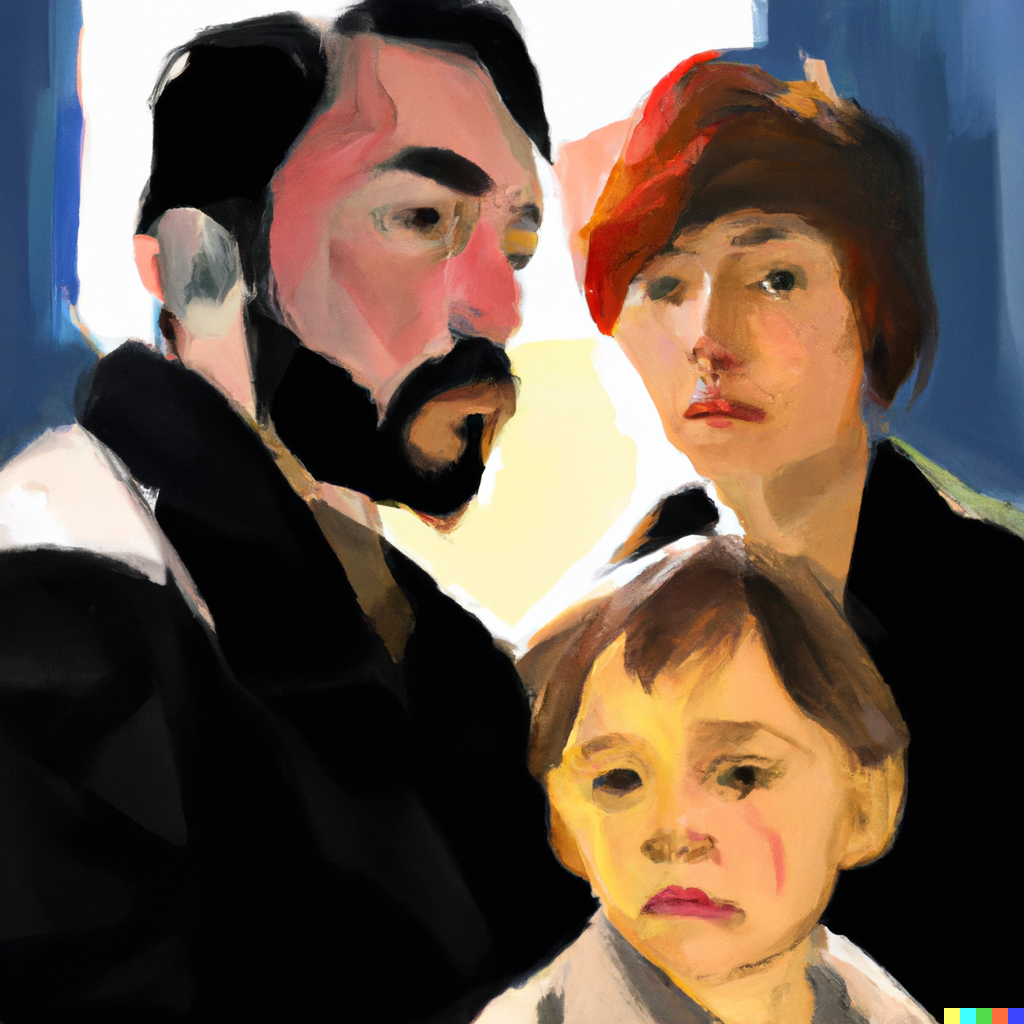The Codreanu family’s summer holiday in Romania brings them face-to-face with the realities of depopulation and the challenges of preserving their heritage in a foreign land as they witness the fading echoes of childhood laughter.
When the Codreanu family left London to spend their summer holidays in Romania, their hearts were filled with a deep longing for the quiet simplicity of their native land. Stefan, who had moved away from his ancestral home twenty years earlier, had made a life for himself in the British capital, where he married an English woman, Claire, and together they had a son, young Ioan.
The family of three made their way to the small Romanian town where Stefan had grown up, nestled in the picturesque hills of Transylvania. The beauty of the countryside was all that Stefan had remembered it to be, and Claire was captivated by the charm of the quaint village that was so different from the urban jungle they called home.
But as the days passed, an unsettling reality began to dawn upon them. Stefan and Claire walked through the village streets, exchanging puzzled glances.
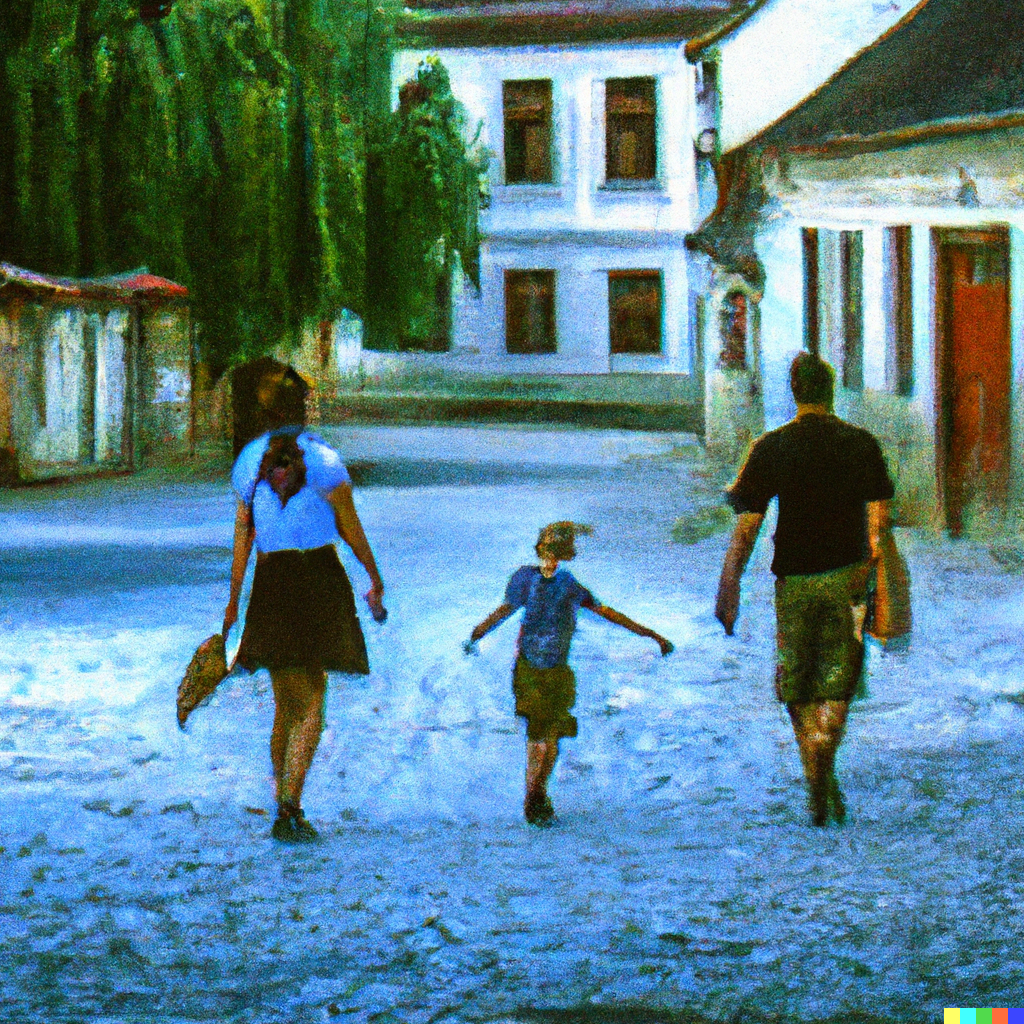
Claire said, “Stefan, have you noticed how quiet it is here? I haven’t seen any other children Ioan’s age.”
Stefan frowned, “Now that you mention it, it does seem odd. I remember this village being full of life when I was a child.”
Determined to get to the bottom of the mystery, they approached a neighbour, an elderly woman who had lived in the village for decades.
“Excuse me,” Claire began, “we couldn’t help but notice that there don’t seem to be any children around. Can you tell us what happened?”
The old woman sighed, a look of sadness in her eyes. “The young people have left, you see. They’ve gone to Bucharest or even abroad to find a better life for their families. There’s nothing left here for them.”
Stefan’s face fell, and he asked, “But what about the children? Surely there must be some left?”
The woman shook her head. “With the young people gone, there’s no one left to have children. The schools have closed, and there’s no infrastructure left for the little ones. It’s a tragedy, really.”
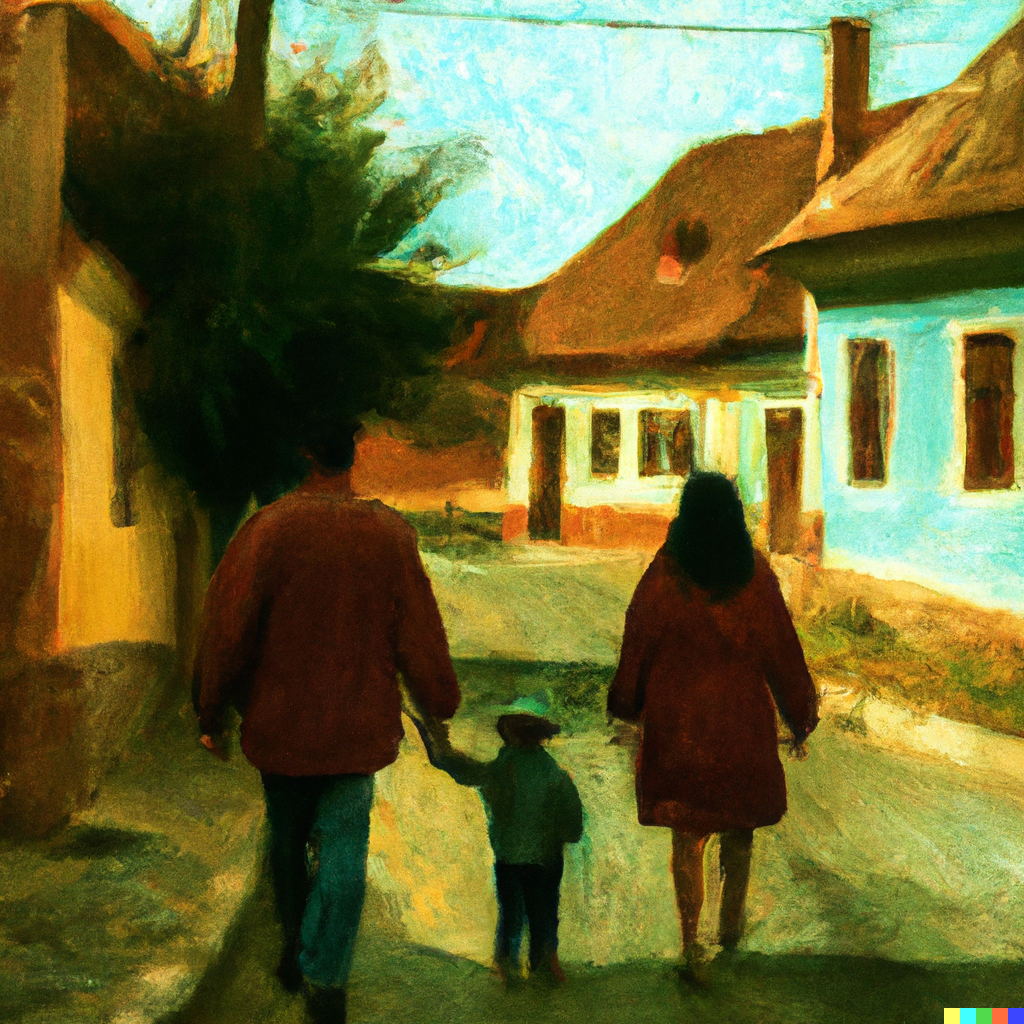
Claire and Stefan exchanged sombre looks, the weight of the situation sinking in. The Romania that Stefan had once known was slipping away, as the village slowly became a ghost of its former self.
Determined to find a playmate for their son, Stefan and Claire embarked on a quest. They travelled to neighbouring towns and villages, seeking out families with children. But the story was the same everywhere they went – the schools had been closed, the playgrounds were abandoned, and the parks were left to the mercy of the encroaching wilderness.
As their search grew increasingly desperate, the Codreanus began to grasp the magnitude of the problem. Romania’s dwindling population was not just the result of an economic exodus; it was a symptom of a nation’s soul slowly fading away. The laughter of children, the lifeblood of any community, had all but vanished from the landscape, leaving only the memories of better times.
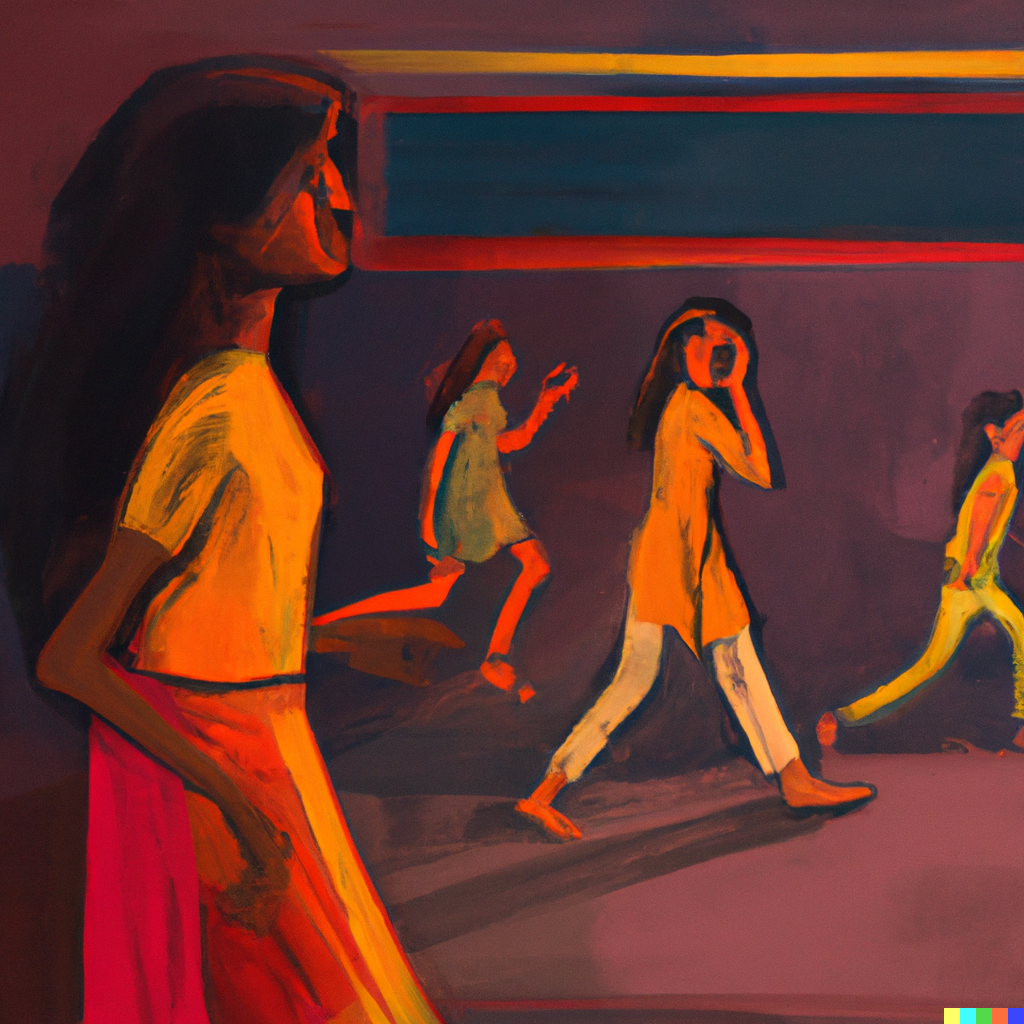
In the end, their search took them to Bucharest, a city buckling under the strain of an influx of families seeking refuge from the slow death of the countryside. The city offered hope, as there were children to be found among the teeming streets and bustling playgrounds. But it was a bitter pill for Stefan and Claire to swallow, for it was clear that the Romania they had known and loved was slipping away.
Then the summer came to an end and the family prepared to return to London. They did so with a heavy heart. Romania had become a land of contrasts, a country of both breathtaking beauty and desolate despair. And as they bade farewell to the rolling hills of Transylvania, they were left to wonder if the laughter of children would ever echo through the villages and towns once more, or if the last vestiges of the nation’s soul would be forever confined to the crowded streets of Bucharest.
As the family touched down in London, Stefan and Claire found themselves reflecting on their experiences in Romania.
Stefan said, “It’s remarkable, Claire, the contrast between the empty villages we saw in Romania and the thriving Romanian community here in Britain.”
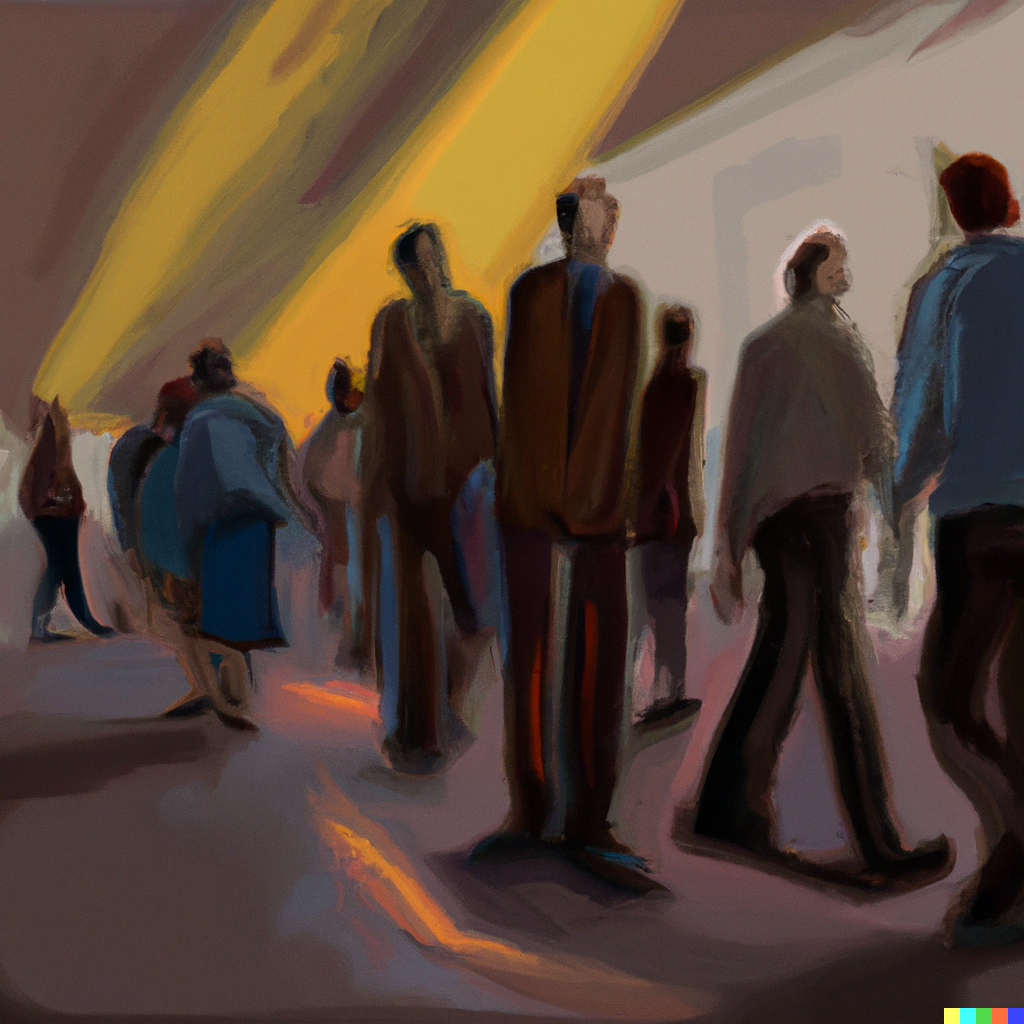
Claire nodded, “I know, it’s quite astonishing. I read an article the other day that said almost a million Romanians now live in Britain, and most of them are starting families and having children.”
Stefan shook his head, a thoughtful expression on his face. “It’s as if the entire younger generation of Romania has moved to either Bucharest or London, leaving the rest of the country behind. It’s a heartbreaking situation.”
Claire agreed, “Yes, it truly is. I can only imagine what it must feel like for you to see your homeland changing so drastically.”
In London, Stefan and Claire discovered a thriving network of Romanian shops, restaurants, and cultural centres. Here, the Romanian community had preserved their heritage, keeping customs and traditions alive through shared experiences and celebrations. They attended Romanian festivals, tasted familiar dishes, and even enrolled Ioan in a weekend school where he could learn his father’s native language and connect with his roots.
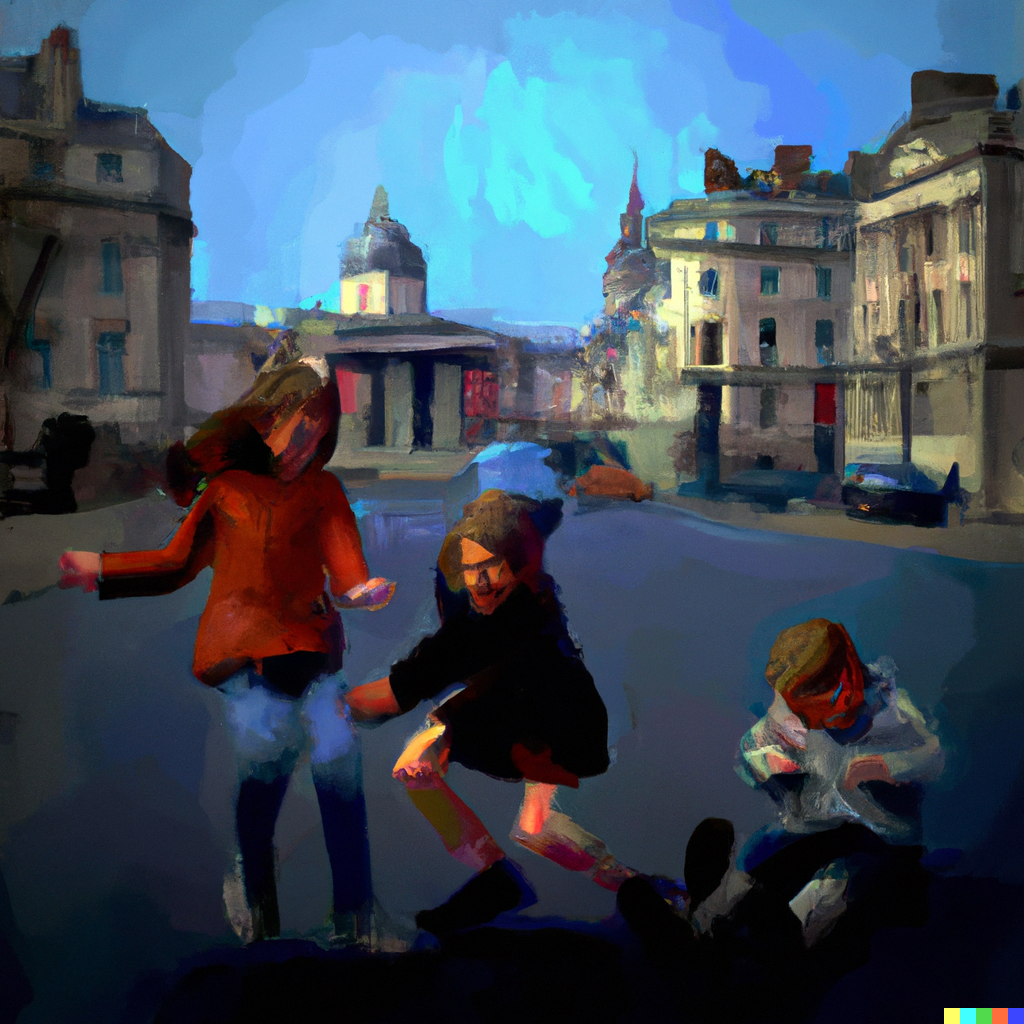
As they immersed themselves in the Romanian community, they could not help but notice the abundance of children. The streets, parks, and playgrounds of London were filled with the laughter and chatter of young Romanians growing up far from their ancestral homeland. The spirit of the nation seemed to have found a new lease on life in the heart of a foreign metropolis.
And yet, the joy of witnessing the vibrant Romanian community in London was tinged with a touch of melancholy. As Stefan and Claire watched the children play, they couldn’t help but think of the quiet, empty streets of the villages they had visited in Romania, and the fading echoes of laughter that once filled the air. They also noticed that when the children spoke amongst themselves, they conversed in English rather than Romanian.
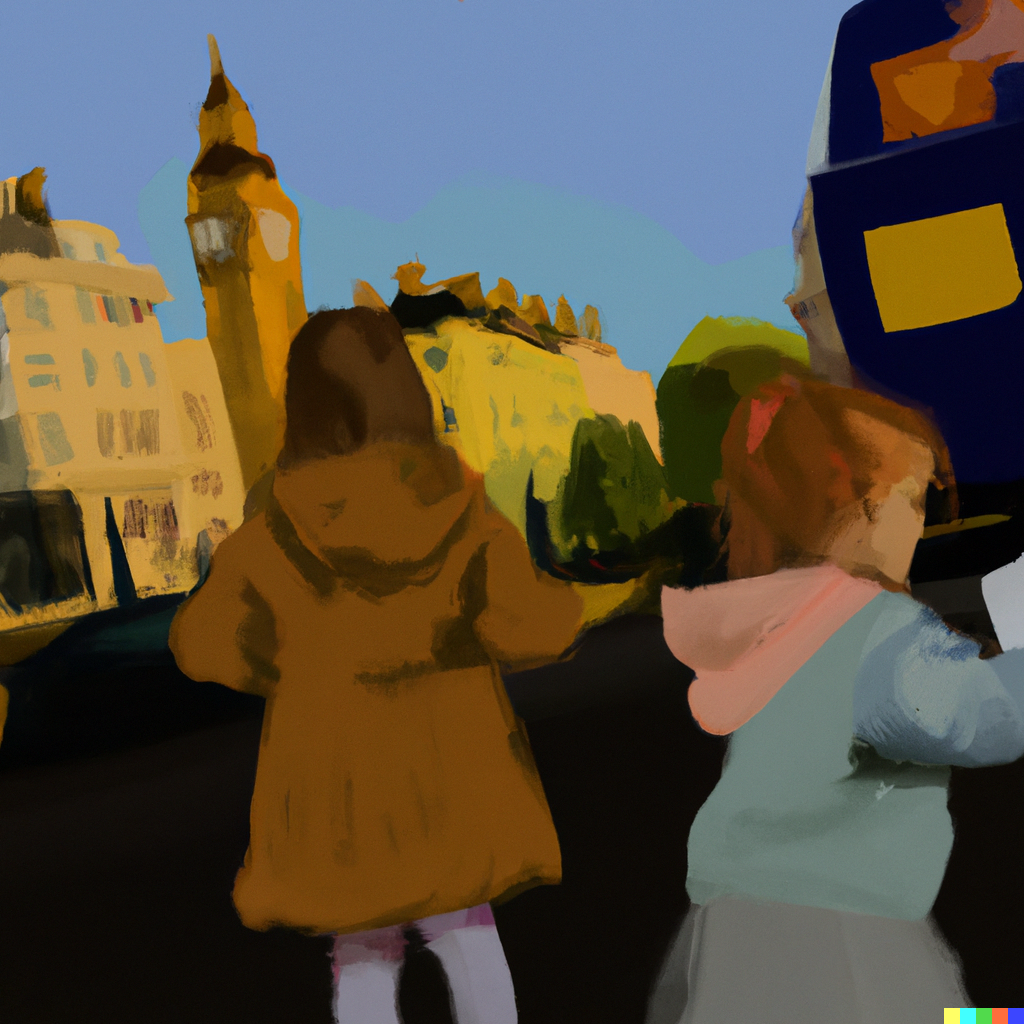
Stefan said, “You know, Claire, before our trip, we always saw the Romanian migration to London as a problem for the city. Too many migrants, the impact on healthcare, schools, and so on.”
Claire nodded in agreement, “That’s true. But after seeing the consequences of depopulation in Romania firsthand, with abandoned towns and villages, and no children playing in the streets, it’s clear that there’s another side to the story.”
As the summer drew to a close, and the family settled back into their London life, they were left with a profound sense of gratitude for the opportunities they had been afforded. But their hearts remained heavy, knowing that the Romania they had known and loved was slowly being lost to the sands of time. It was a bittersweet reminder of the sacrifices made in pursuit of a better life and the inexorable march of progress that often leaves behind the places and people that matter most.
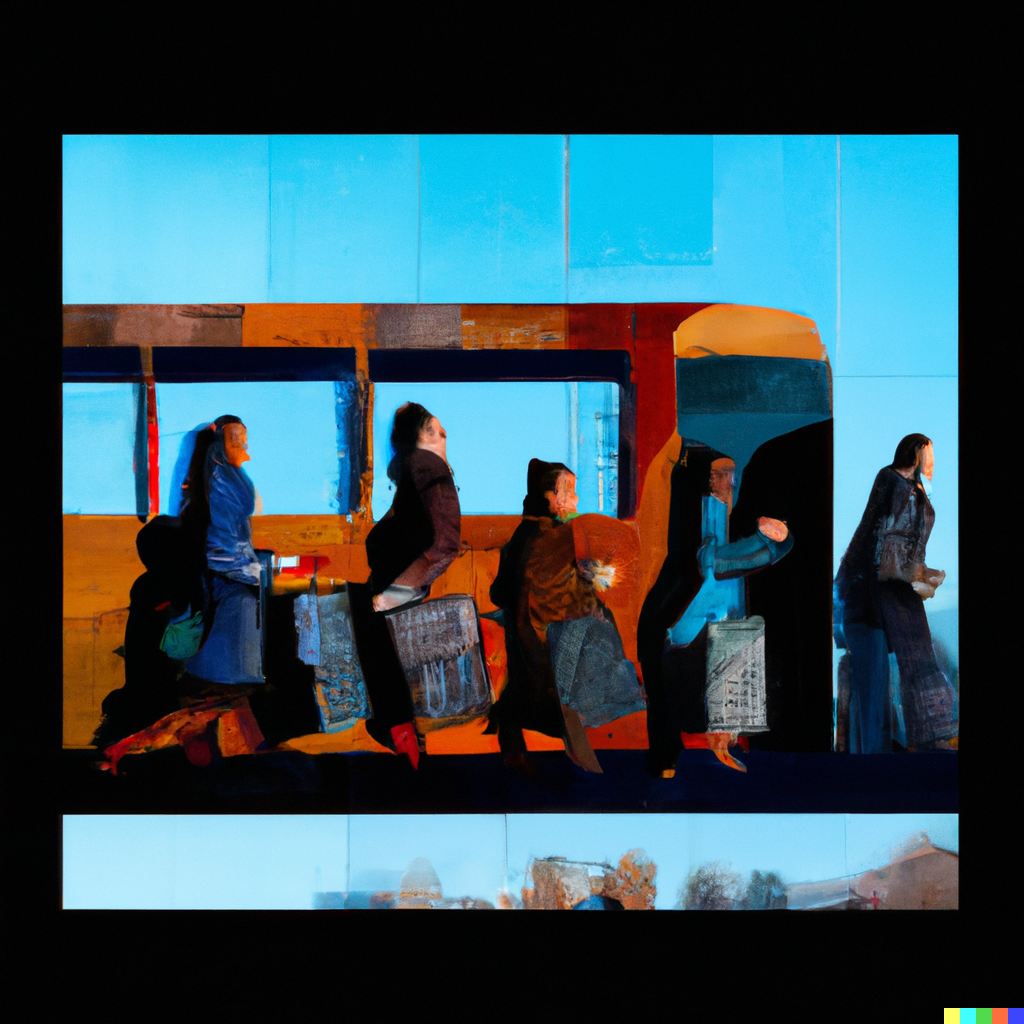
All images were generated using DALL.E 2 (Open AI)
